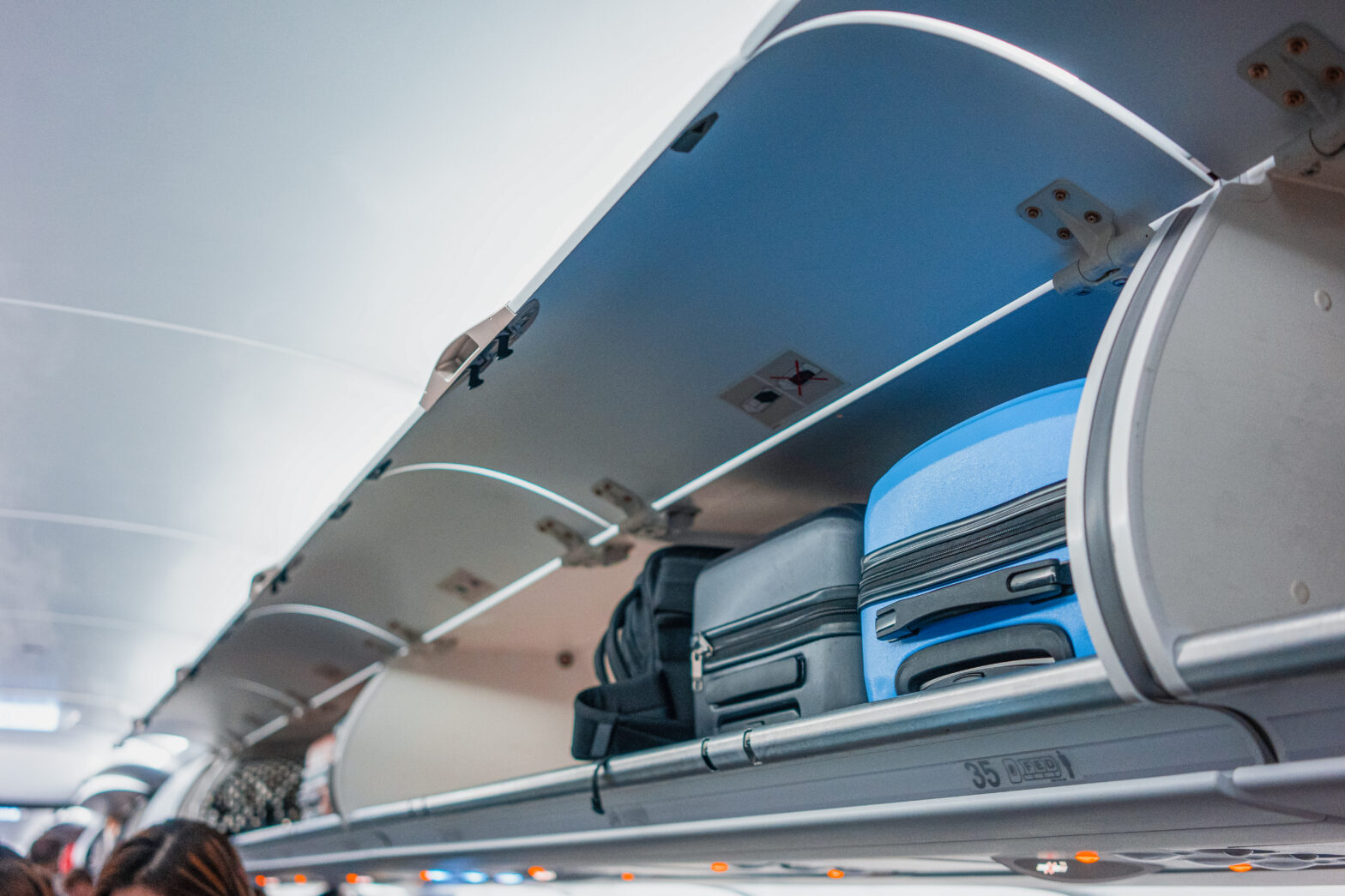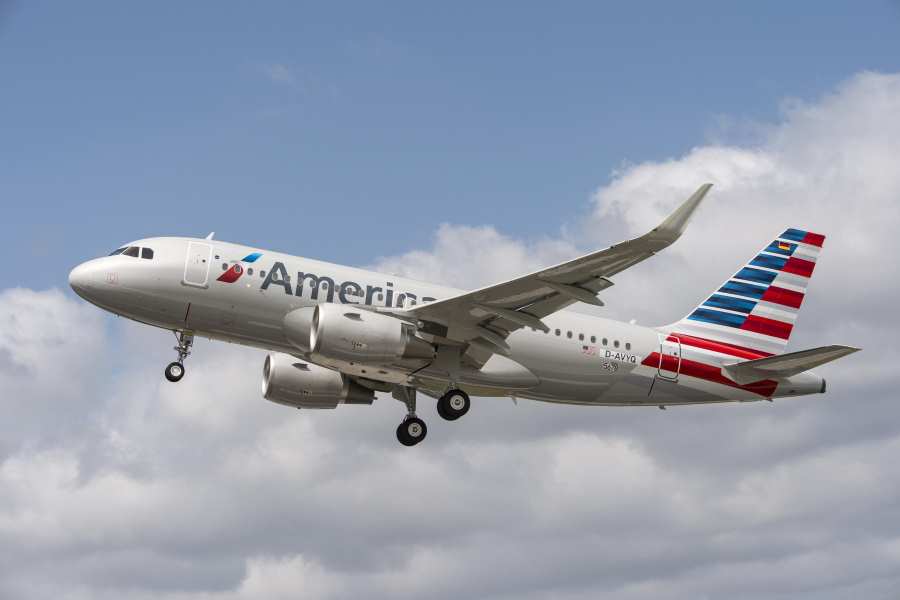American Airlines Sets A Powerful Industry Standard By Backing LGBTQ+ Equality And Investing In Flagship Aircraft To Redefine Passenger Comfort - Travel And Tour World
Monday, June 16, 2025

American Airlines is recrafting aviation’s future through boldly renewing its strong commitment to equality in the workplace even as it simultaneously undertakes a transformative fleet upgrade program. One among a very short list of large American companies adhering to inclusive value principles amidst shifting corporate currents, the company is combining purpose-led leadership and service-oriented innovation—introducing next-generation Dreamliners with improved premium cabins to strongly compete in global travel market segments.
American Airlines has reinforced its position as a committed supporter of workplace inclusivity, announcing its continued participation in the Human Rights Campaign’s (HRC) Corporate Equality Index. As corporate America sees increasing polarization around social responsibility efforts, American has chosen to remain publicly aligned with diversity, equity, and inclusion—particularly in its support for LGBTQ+ employees.
Despite rising pressure and scrutiny, the airline’s leadership has doubled down on its long-standing involvement in the index, which evaluates corporate practices that foster an inclusive work environment for LGBTQ+ individuals. While some corporations are stepping back from such programs, American is continuing to lead with transparency and consistency.
The HRC Corporate Equality Index, launched in 2002, evaluates companies based on key criteria including non-discrimination policies, equitable benefits, an inclusive culture, and community engagement. American Airlines has consistently ranked among the top-performing companies since joining the index, earning recognition for its employee support systems and inclusive workplace practices.
Recently, the airline’s participation came under internal review after a shareholder raised concerns about potential financial consequences stemming from its association with the index. The proposal suggested that continued involvement in the HRC initiative could adversely affect shareholder value and recommended that the airline discontinue participation.
However, American Airlines’ leadership did not align with that view. The board recommended that shareholders reject the proposal, citing strong employee and stakeholder support for the airline’s inclusion in the index. According to vote tallies disclosed after the annual meeting, shareholders overwhelmingly rejected the call to withdraw, with over 273 million votes cast in favor of remaining in the program and fewer than 6 million supporting withdrawal.
While American Airlines remains steadfast in its position, many other major U.S. companies have chosen to take a different approach. A shift in the political and economic climate has led some corporations to retreat from publicly sharing their workplace equity data. Companies in industries ranging from retail to manufacturing have pulled back their participation in the HRC index and other diversity-related reporting programs.
The reasons behind this change vary. Some businesses are refocusing on core operational challenges and shareholder returns. Others cite the increasing complexity of legal and regulatory landscapes as it relates to corporate diversity, equity, and inclusion (DEI) programs. Regardless of rationale, the trend represents a notable shift in how businesses approach social metrics and external accountability.
By contrast, American Airlines has chosen to lean into its diversity commitments. The airline is continuing its public advocacy for equality, further demonstrating this through ongoing partnerships and event sponsorships. It remains a prominent backer of LGBTQ+ initiatives, including its upcoming participation in a major pride festival. This continued engagement signals that the airline sees value beyond short-term financial metrics and remains focused on cultural alignment and brand integrity.
American Airlines’ reaffirmation of its role in the HRC index appears to be part of a broader strategic direction focused on inclusive workplace culture. As airlines increasingly compete not only on price and product, but also on values and corporate identity, employee satisfaction and social responsibility have become key differentiators.
Companies that maintain strong internal policies on equity and inclusion often attract a more diverse talent pool, foster innovation, and build long-term loyalty among employees and consumers alike. For American, these factors appear to weigh more heavily than temporary backlash or shifting political winds.
The airline’s leadership has emphasized that its DEI commitments are not just symbolic. They are reflected in policies, internal education, support networks, and external partnerships. Remaining in the Corporate Equality Index is a continuation of that philosophy, ensuring accountability and affirming a commitment to workplace fairness.
In addition to reaffirming its social responsibility priorities, American Airlines has also taken notable steps toward enhancing its travel product, especially in the premium segment. Long viewed as trailing its competitors in delivering high-end in-flight experiences, the airline has recently introduced upgraded aircraft to help close that gap.
Its newest additions include Boeing 787-9 Dreamliners outfitted with updated seating in business and premium economy cabins. These jets feature redesigned interiors with improved comfort, updated aesthetics, and enhanced amenities, tailored to meet the expectations of modern long-haul travelers.
These aircraft are now being introduced on select international routes and are expected to play a key role in repositioning American Airlines as a stronger competitor in premium travel. As demand for long-haul business and leisure travel rebounds, these upgrades signal a clear effort to enhance the onboard experience.
The dual focus on corporate responsibility and product evolution reflects a cohesive strategy to position American Airlines as a modern, forward-thinking brand. While competitors may be investing in luxurious lounges or network breadth, American appears to be balancing tangible product upgrades with intangible brand equity built on social values.
In an era where consumers and employees increasingly choose to engage with companies whose values align with their own, this approach can serve as a competitive advantage. By remaining visible in equity and inclusion spaces while delivering a refreshed onboard experience, the airline is reinforcing its relevance to a broad and evolving market base.
American Airlines is taking a stance for fearless equality in the workplace as it implements a superior fleet refresh to enhance global competitiveness. By placing renewed focus on purpose, progress, and passenger experience, the airline is setting a strong new standard for aviation and corporate leadership.
While only time will determine the long-term outcomes of these strategic choices, the airline’s actions speak to a larger commitment—one that recognizes the role of business in shaping both economic and cultural landscapes.










